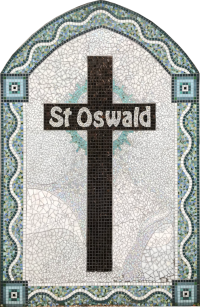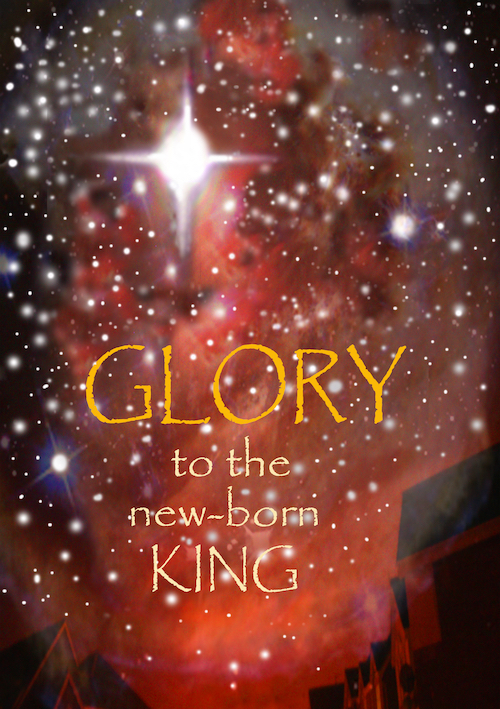Shepherds in first century Palestine knew the wonders and ravages of nature: star-lit nights, cold and heat, storm and calm, and the unwelcome attention of predators, both animal and human. They were more aware than we of human dependency on the seasons, and more respectful than us of the precarious nature of existence. Fear, as well as appreciation, would have shaped their religious sensitivities.
Some think the shepherds near Bethlehem may have been guarding sheep for the Jerusalem Temple, which used them as part of the sacrificial ritual of Judaism in those days. Yet the kind of work shepherds did and the hours they had to keep barred them from orthodox religious observance; they were regarded as uncouth and untrustworthy and were not allowed to give testimony in law courts.
It was typical of St Luke (the only New Testament writer to refer to the shepherds) to put them in the forefront of his narrative. Luke is the writer who favours the underdog: tax collectors, sinners, women, old and poor people and non-Jews all figure favourably in his account. Deliberately he sets before us shepherds as the first Christmas worshippers. They already knew how to wonder.
William of St Thierry wrote: “A man who has lost his sense of wonder is a man dead.” The 19th Century scientist Michael Faraday wrote: “Let us consider… how wonderfully we stand upon this world. Here it is that we are born, bred and live, and yet we view these things with an almost entire absence of wonder…” This is no plea for anti-intellectual faith, but rather for the discovery of an extra dimension. Wonder is the prime ingredient of worship, and we need to recover it and use it. It takes practice.
William Blake encouraged us to look into the ordinary and see the extraordinary:
“To see a World in a Grain of Sand,
And a Heaven in a Wild Flower:
Hold Infinity in the palm of your hand,
And eternity in an hour…”
The late Michael Mayne, Dean of Westminster wrote, “A sense of the sublime leads to a sense of awe, which is I suppose that combination of wonder and fearfulness you may feel in the presence of what takes your breath away. It is not afraid in the sense of feeling scared, but rather an awe-struck sense of amazement that the ordinary is rather more extraordinary than the extraordinary… it is not the rabbit out of the hat but the rabbit out of the rabbit that is so surprising…”
So, in the astonishing story of heaven-come-to-earth in Bethlehem, of divinity in a cowshed, it is shepherdswho receive the revelation. Not priests, not presidents, not philosophers. “An angel of the Lord stood before them, and the glory of the Lord shone around them, and they were terrified.” For all they knew it might have been bad news. “But the angel said to them, ‘Do not be afraid; for see – I am bringing you good news of great joy for all the people: to you is born this day in the city of David a Saviour, who is the Messiah, the Lord’.”
The response of the shepherds was to go and see. Not to question or even to reason. The main constituent of their belief was already wonder. They were accustomed to marvelling, for they were surrounded by a world of marvels. So, they went to look. And as they looked, they marvelled. Later, they were to return “glorifying and praising God for all they had seen and heard.”
Graphic: Courtesy of CPO

